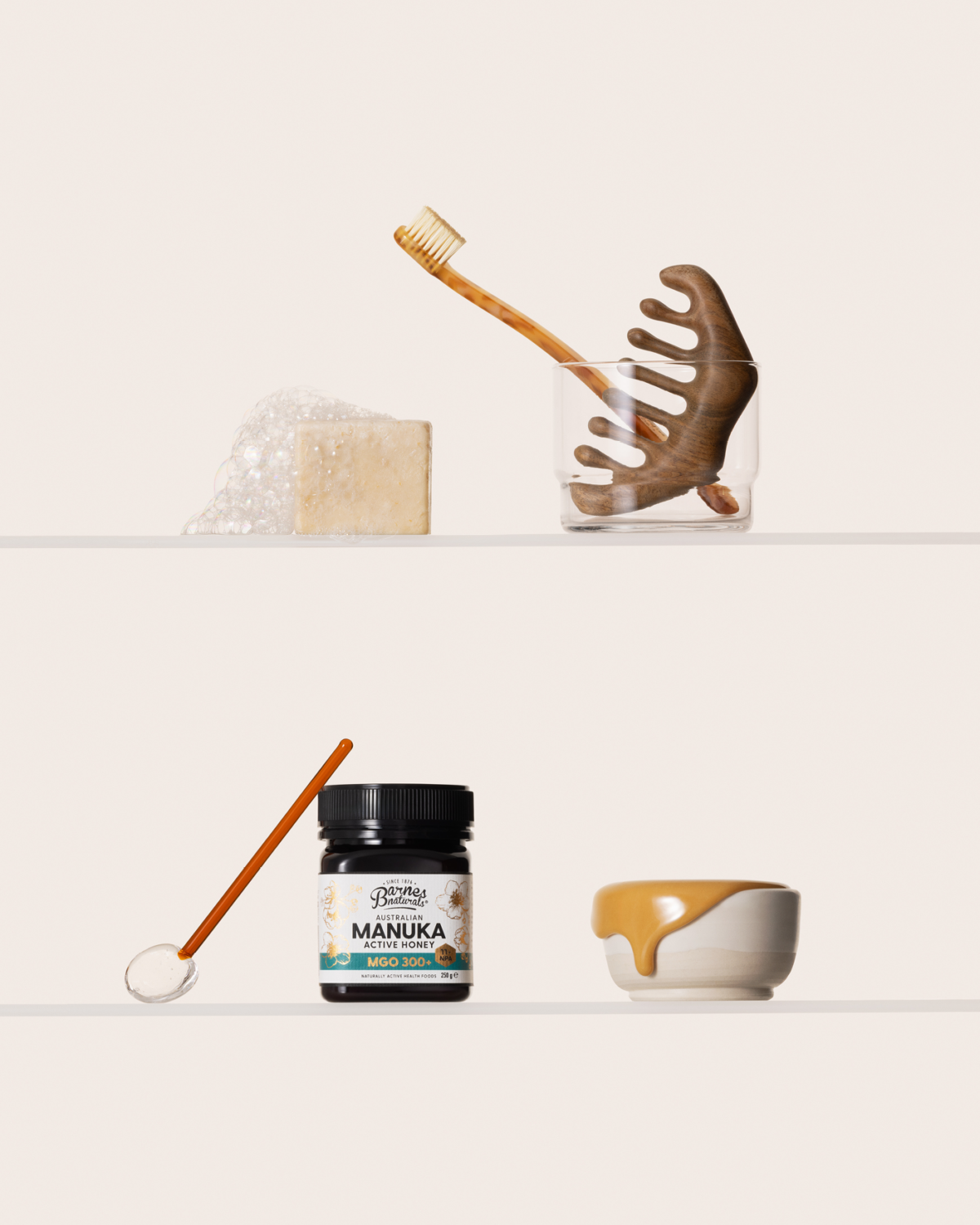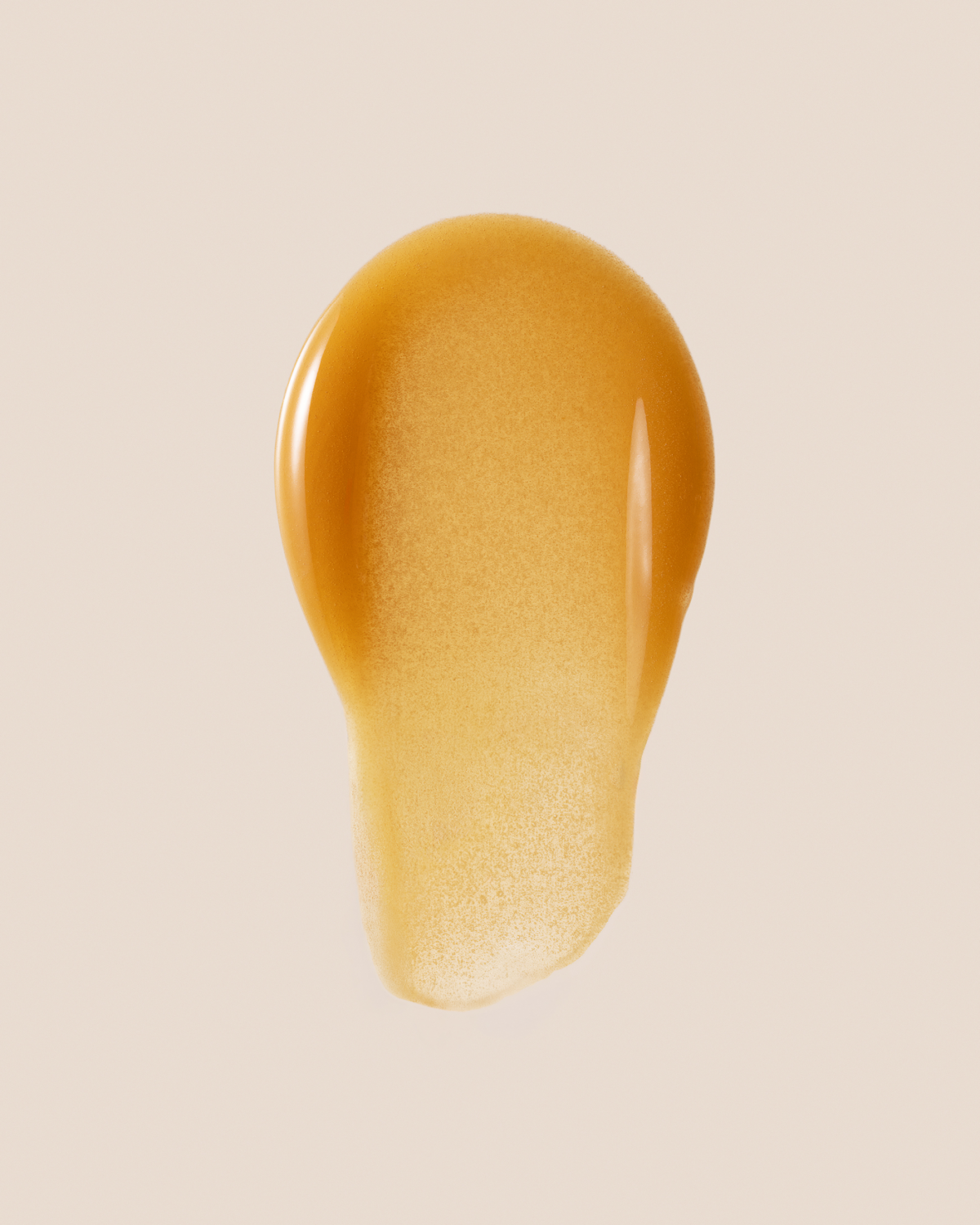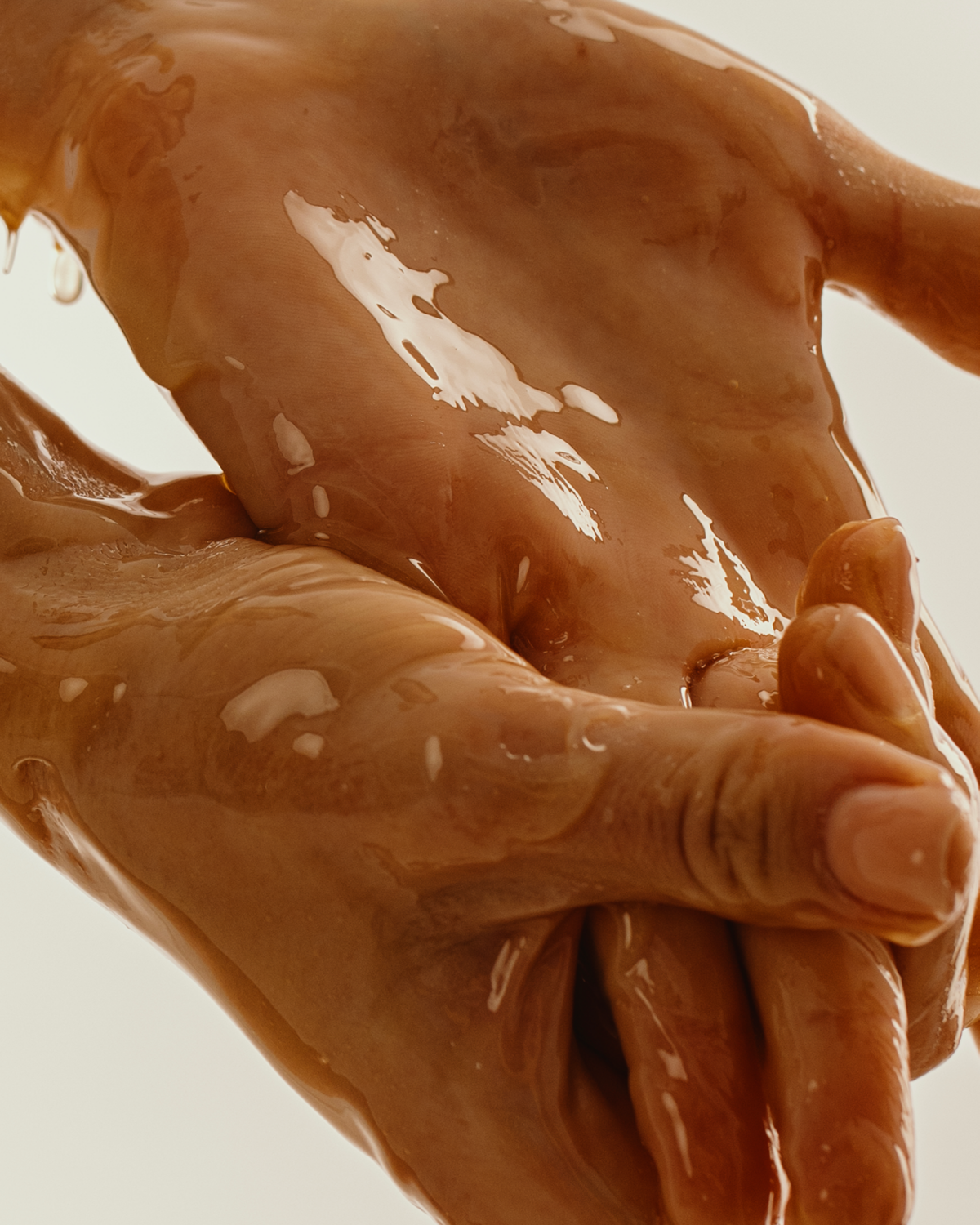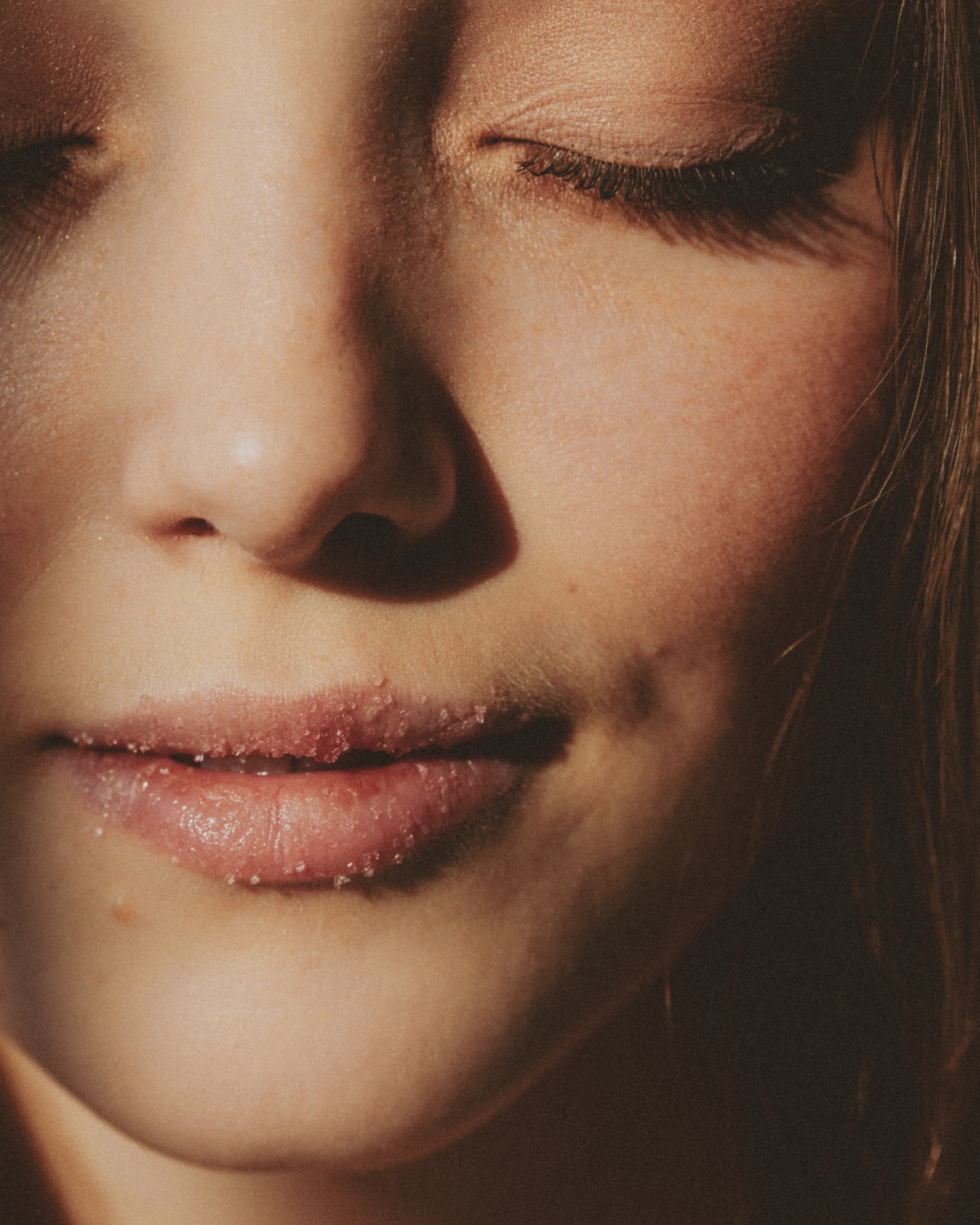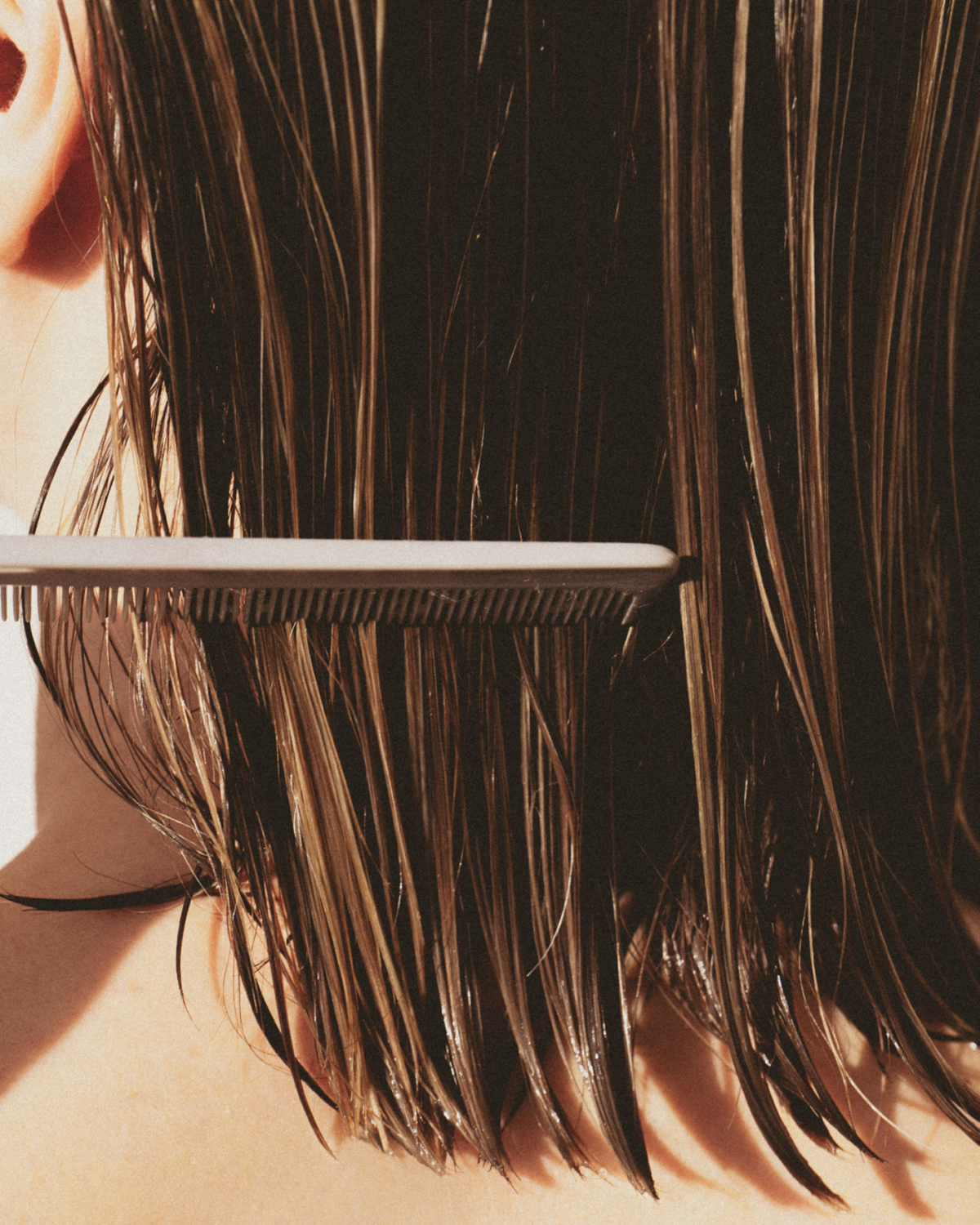In a world overflowing with beauty products, one ancient ingredient continues to stand out: Manuka honey. Hailing from the pristine landscapes of Australia and New Zealand, this golden elixir isn’t just a sweet treat — it’s a skin and wellness powerhouse treasured for centuries. From Cleopatra’s rumored honey baths to today’s luxury skincare lines, the world has long turned to honey for its nourishing properties — but Manuka honey takes it a step further. Unlike regular honey, Manuka honey is produced by bees that pollinate the Leptospermum scoparium bush — commonly known as the Manuka tree. Manuka honey contains methylglyoxal (MGO), a naturally occurring compound that has been studied for its antibacterial and anti-inflammatory properties¹,². The higher the MGO number, the higher the concentration of methylglyoxal per gram of Manuka honey.
